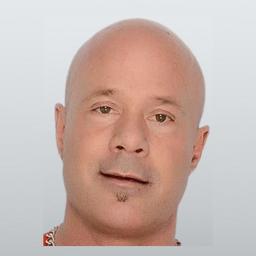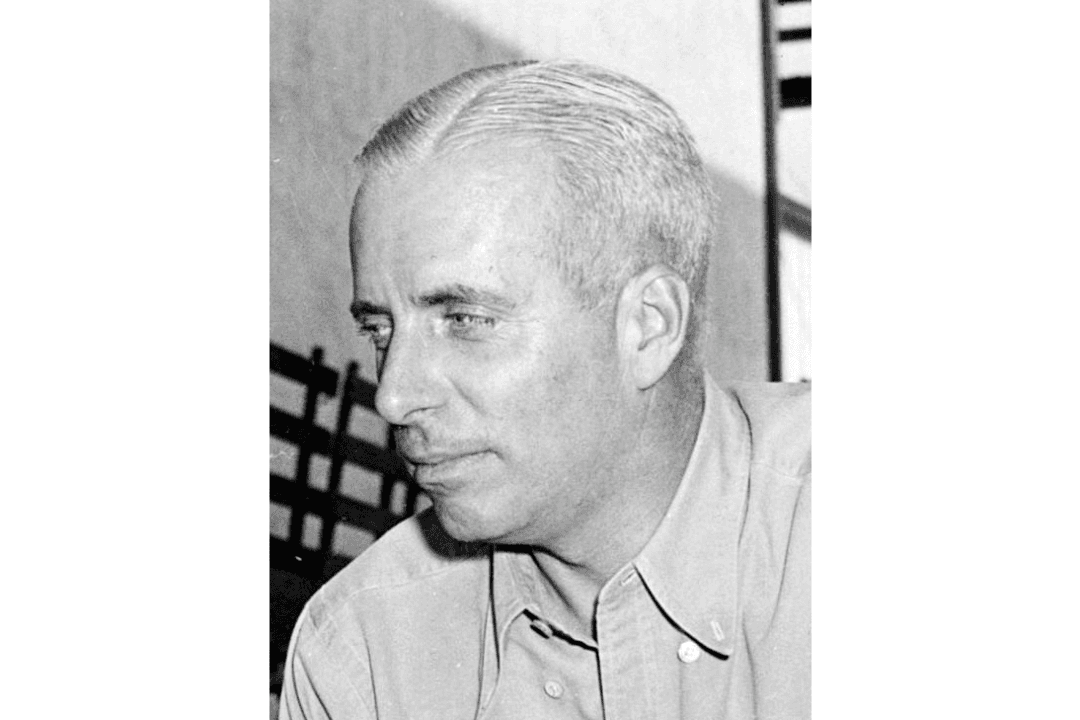On the streaming service Netflix, it’s hard to find anything family-friendly. Gratuitous nudity, violence, bad language, gender confusion, and political diatribes are the rule. But there is actually a Netflix series parents can watch with their children that’s entertaining and exciting, and even teaches good values.
“Lost in Space” began in 1965, when producer Irwin Allen (“The Poseidon Adventure”) set the often-filmed Swiss Family Robinson story in outer space. Appearing a year before “Star Trek,” the series pioneered small-screen science fiction and is still beloved today. In it, a family escapes the overpopulated earth to colonize a far-off planet. When an asteroid storm sends their spaceship off course, they careen from planet to planet, encountering alien monsters and other interstellar threats.





